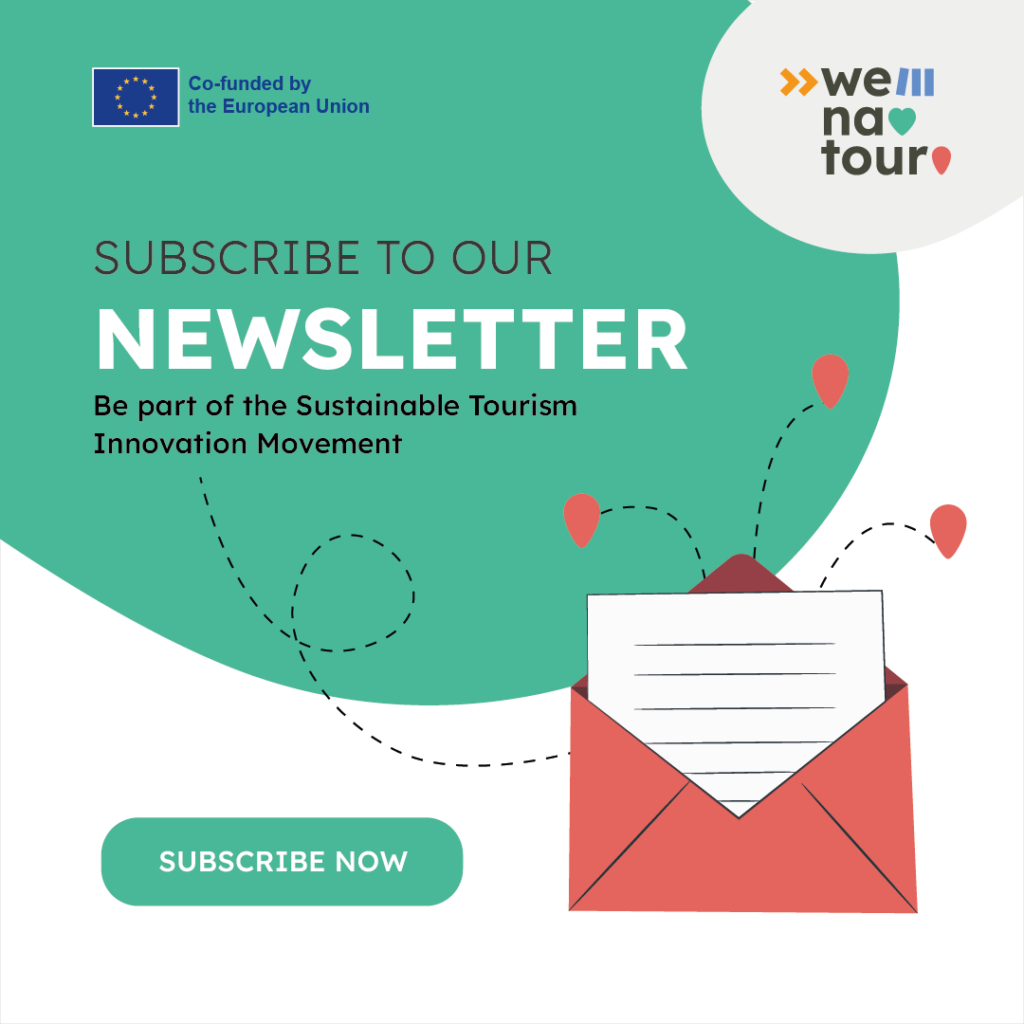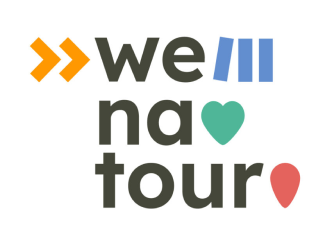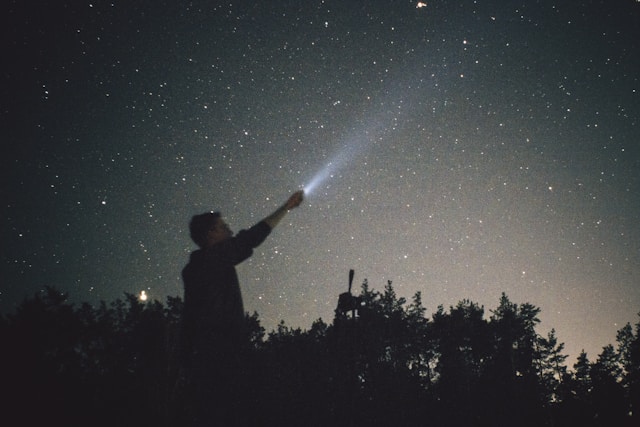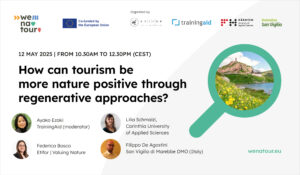by Simon Collier,
Tourism & hospitality specialist at Nature Tourism Development
Introducing mindfulness into the realm of guiding
Mindfulness is fast becoming the new way of reconnecting for many people… slowing down and focusing on self-development, mental wellbeing and finding balance in the fast-paced world we live in. There is no better place to reconnect and centre than in nature.
Discover how mindfulness can elevate your outdoor experiences and become a valuable tool for nature guides. Discover mindful tourism and explore its benefits in this article.
What is mindfulness?
Mindfulness is a form of ‘meditation’ where your focus is on being aware of what you are sensing and feeling in a specific moment without judgement or trying to fully understand it. When we are immersed in nature, and allow ourselves to disconnect from all the noise and fast paced technology we are surrounded by, it provides us with the perfect opportunity to ground without necessarily being aware of the process we are in.
Why Mindfulness is this becoming so important?
People are constantly being bombarded and distracted by social media, digital communication and always being connected. Post-pandemic interest in reconnecting in nature continues to grow as health and wellness travel sector continues to grow, but so has the interest in nature.
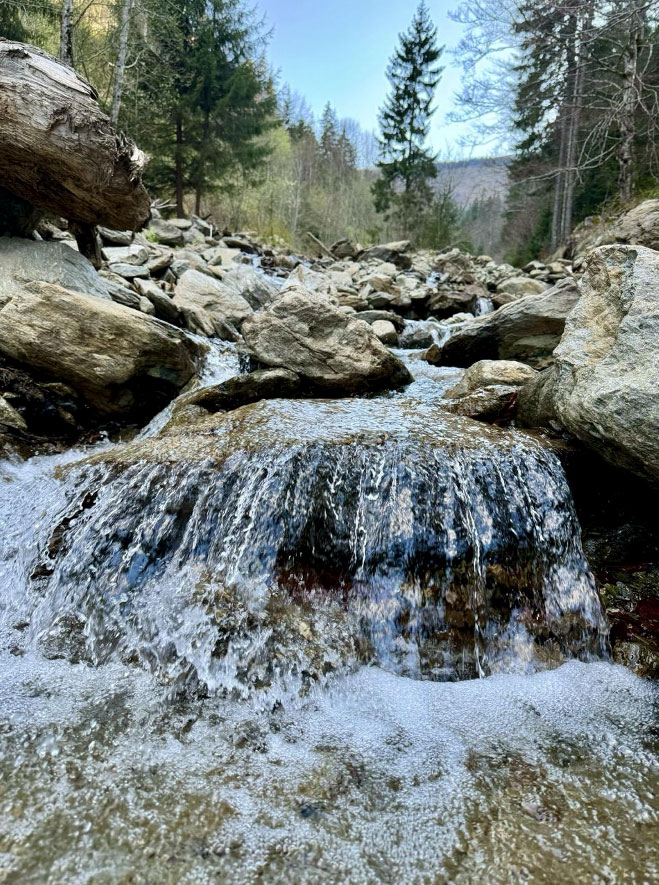
On many occasions while spending time in nature we stop to capture magical moments like watching the sunset or listen to a bird call, and continue on without giving it a second thought…is this not the perfect moment for a short mindfulness reconnect?
Mindfulness as a skillset for nature guides?
While operating as a guide in nature requires many skillsets and a wealth of nature, mindfulness or mediation hasn’t been a prerequisite before…but this is changing. Modern nature guides are perfectly placed to allow people a moment of silence to reconnect over a sunset, night sky or simply the sound of water.
While the backdrop and setting in nature do a lot of the work, a great guide knows how and when to set the tone or introduce this opportunity to guests without making it feel awkward or uncomfortable. Many people don’t understand or have experience with meditation or mindfulness and may make a snap judgement if guides introduce a meditation moment while out in nature. However, introducing a moment of silence while watching the sunset for a few minutes is something most people can appreciate and understand. In that moment, guests enter a state of reconnecting without judgement or attempting to understand, they are just simply being.
Communication is key!
Understanding guests’ verbal and nonverbal communication is fundamental to delivering a unique and meaningful experience in nature. Knowing how people are feeling and how they react is important before considering a moment of reconnection. Timing is everything, and being able to sense how people are feeling in the moment provides guides with a necessary gauge to select the best moment for mindfulness, reconnection, and grounding.
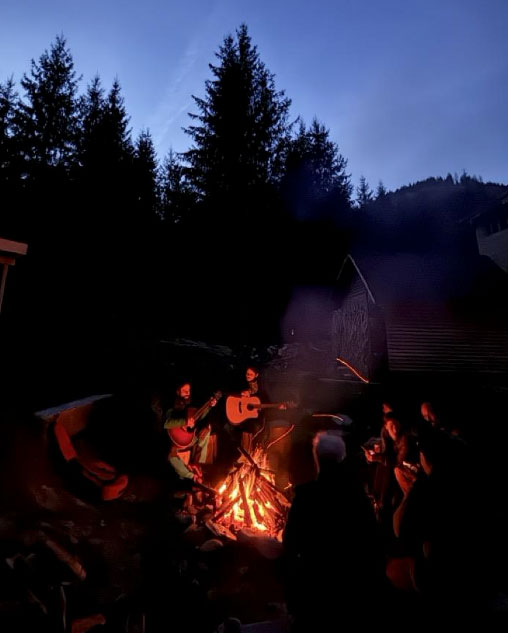
Nature guides are really important in the facilitation of great nature experiences and are often a catalyst in new nature-based tourism destinations.
New trends in tourism: nature positive tourism and wellness
As the trend towards nature begins to shift, it’s critical to expand our engagement as natural guides not only on the natural areas, but also to prepare future generations and professionals to become its dedicated custodians.
The rising demand for meaningful nature experiences and the increasing awareness on global health challenges are key themes in the developing of the WeNaTour project. This initiative aligns with the concept of “Green Care Tourism,” which promotes the integration of nature-based activities to enhance people’s health and well-being.
WeNaTour training programme
In response, WeNaTour is launching an innovative training program in Spring 2025. Designed for students and professionals, the program emphasizes sustainable tourism destination management, introducing “nature-positive” and sustainable practices as essential strategies for protecting nature while demonstrating the health benefits of time spent in natural environments.
The WeNaTour Training Programme includes three main components:
- EU-wide E-learning Courses: Online training on sustainable tourism innovation, emerging markets, and the role of destination management in sustainable development.
- European Specialisation Programme: This combines a two-week online training course with a mobility program. The top 20 students, selected based on their final projects from the e-learning phase, will receive mobility grants to attend a specialized school hosted by partner universities.
- VET Courses on Nature and Tourism: Offering additional professional qualifications for both the top 20 students and industry professionals.
Stay updated on WeNaTour’s news and opportunities
